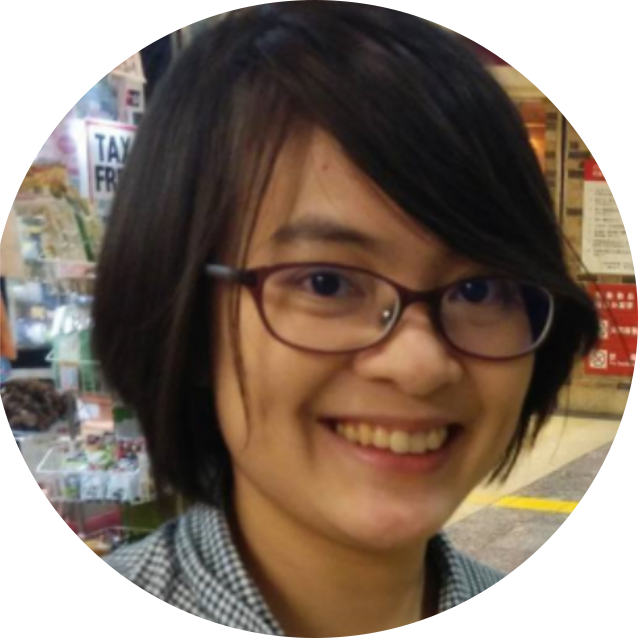OPINION
I have been very privileged to be in spaces where cancer patients share their stories. The journeys they tell often speaks of hardship and pain, but also incredible amounts of courage, inspiration and love.
One thing stood out – thinking about cancer is challenging to anyone’s state of mind. Cancer elicits a cascade of events, thoughts and emotions – pain and suffering due to the disease and treatment, anger at the loss of dignity and autonomy, worry of finances, and anguish at leaving relationships and loved ones.
All of this takes a toll on the well being and mental health of a patient and their loved ones. As a result of the hardships they face, cancer patients in Malaysia report higher incidences of depression, anxiety and psychological distress upon diagnosis and treatment. People living with cancer have also been found to experience higher levels of fear, isolation, grief, insecurity, lower self-esteem and dissatisfaction with their bodies.
The burden, pain and toll of living with cancer is traumatic. Patients are at risk of developing Post-Traumatic Stress Disorder (PTSD), a condition where they may experience intrusive thoughts, flashbacks and feelings to a traumatic experience, such as their cancer diagnosis, treatment and fear of disease recurrence.
A local study recently found a link between PTSD and cancer. It was found that 1 in 5 individuals developed PTSD within six months of diagnosis, while 1 in 3 developed chronic PTSD after four years. This lead to higher rates of treatment default and to seeking alternative treatment, exacerbating their condition, well being and quality of life.
The well being of caregivers must also not be neglected. They are often partners, family members and friends, who find themselves in that role with little preparation, support and information. Many also put aside their own needs and feelings to focus on caring for a person living with cancer, which puts them at higher risk of social isolation, insecurities and depression. Official support services for cancer caregivers in Malaysia are still lacking.
The psychological impact that arises due to cancer must not be brushed aside, as a person’s condition could drastically improve or deteriorate according to the state of their mental health.
Investing in training and hiring of quality mental health professionals, especially in the sub-specialty of psycho-oncology, is imperative to ensure the complex psychological, emotional and behavioural needs of cancer patients and caregivers are addressed in a holistic manner.
In 2015, there were only 3 psychiatrists specialising in psycho-oncology in the Ministry of Health. The goal under the National Strategic Action Plan for Cancer Control Programmes (2016-2020) is to increase that number to 8 specialists by 2020 for the west coast of peninsular Malaysia. With the rising incidence of cancer, such goals are clearly insufficient.
Peer and familial support play a critical role as well. A Malaysian study found a significant difference between marital statuses when looking at depression among cancer patients. It found that moral support from family members could minimize the levels of depression among cancer patients undergoing chemotherapy.
Yet, 60 percent of women were found to be separated or divorced from their partners/spouses within six months of diagnosis, putting them at high risk of deteriorating mental health. There is a need to identify those who are at higher risk upon diagnosis and to recommend relevant support services and groups accordingly, to ensure early intervention.
We must stop blaming patients for defaulting their treatment or for not coming forward earlier for diagnosis.
Blaming a person already experiencing a traumatic event only places additional stressors on them and worsen their well being. There needs to be greater focus on understanding and dealing with the reasons why patients do not engage in early diagnosis or default on their treatment, including experiencing PTSD, feelings of avoidance towards their condition, inability to cope or simply having too much to deal with to follow up. Little is being done to help patients with the possibility of losing their independence, and sometimes even their dignity.
In the long-term, there must be more concerted efforts to develop and establish an integrated ecosystem of care and support. A constructive, coordinated network of community support, oncology services, palliative care, psycho social support and complementary medicine would ensure that the needs of cancer patients are addressed accordingly.
We need to have greater compassion and committed action in addressing the psycho social aspects of cancer.
We need to recognise the emotional and mental health needs of patients, and that of their caregivers. The reality is that our existing care systems are unable to cope with the scale and complexity of living with the disease. We must do better.


